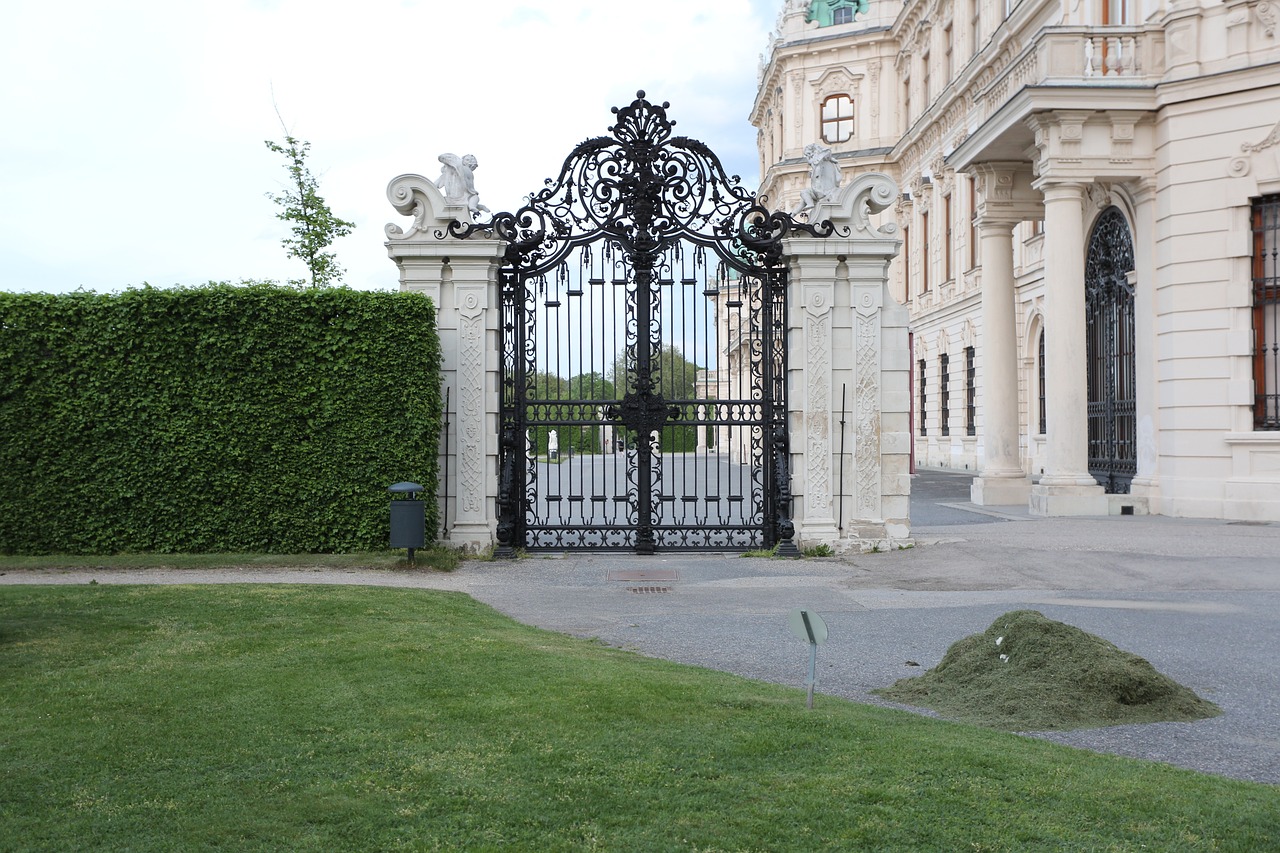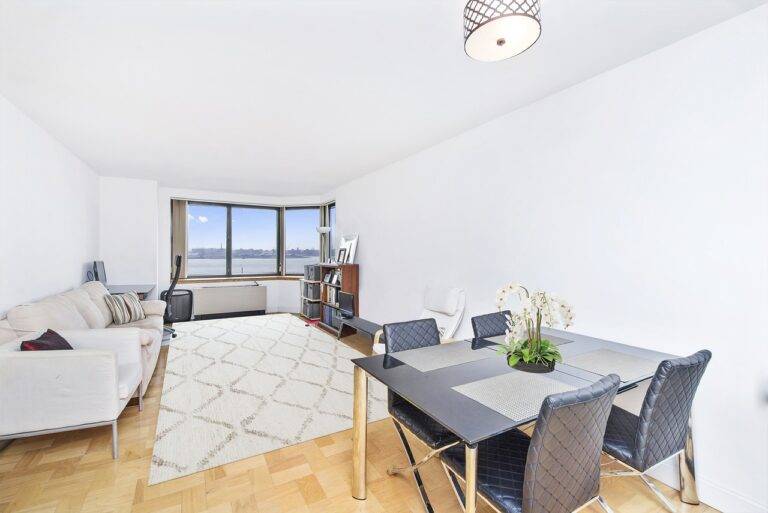Retrofitting Your Home for Energy Efficiency: Tips and Considerations
When considering energy-efficient retrofitting for your home, it is imperative to first conduct a comprehensive energy audit. This audit will help identify areas of energy wastage and inefficiency within your home, allowing you to prioritize which upgrades will bring the most significant energy savings. Understanding your home’s current energy usage patterns is crucial in determining where improvements can be made.
Another key consideration for energy-efficient retrofitting is selecting the right materials and technologies for your upgrades. Opting for energy-efficient windows, insulation, and appliances can make a substantial difference in reducing your home’s overall energy consumption. Additionally, considering renewable energy sources such as solar panels or geothermal heating systems can further enhance the efficiency of your home while decreasing its environmental impact.
Assessing Your Home’s Energy Usage
Understanding how your home consumes energy is essential when considering ways to improve its efficiency. Start by evaluating your utility bills to track your energy consumption patterns over time. Look for any noticeable spikes or consistent high usage that may signal areas needing improvement. Additionally, consider conducting a home energy audit to identify specific areas of energy waste and inefficiency.
Another key aspect of assessing your home’s energy usage is to inspect the insulation and air sealing in your home. Poor insulation and air leaks can lead to significant energy losses, especially during extreme weather conditions. Check for drafts around windows and doors, as well as in the attic and basement. Improving insulation and addressing air leaks can help reduce your home’s energy consumption and enhance its overall efficiency.
How can I determine the energy efficiency of my home?
You can determine the energy efficiency of your home by conducting an energy audit. This can be done by hiring a professional auditor or using DIY tools such as thermal cameras and watt meters.
What are some key considerations for energy efficient retrofitting?
Key considerations for energy efficient retrofitting include improving insulation, sealing air leaks, upgrading to energy efficient appliances, installing programmable thermostats, and using renewable energy sources.
How can I reduce my home’s energy consumption?
You can reduce your home’s energy consumption by turning off lights and electronics when not in use, using energy efficient appliances, sealing air leaks, improving insulation, and using natural light whenever possible.
Are there any government incentives available for energy efficient retrofitting?
Yes, there are various government incentives available for energy efficient retrofitting, such as tax credits, rebates, and grants. Be sure to check with your local government or utility company for more information.
How often should I assess my home’s energy usage?
It is recommended to assess your home’s energy usage at least once a year to identify any areas for improvement and make necessary changes to increase energy efficiency.





